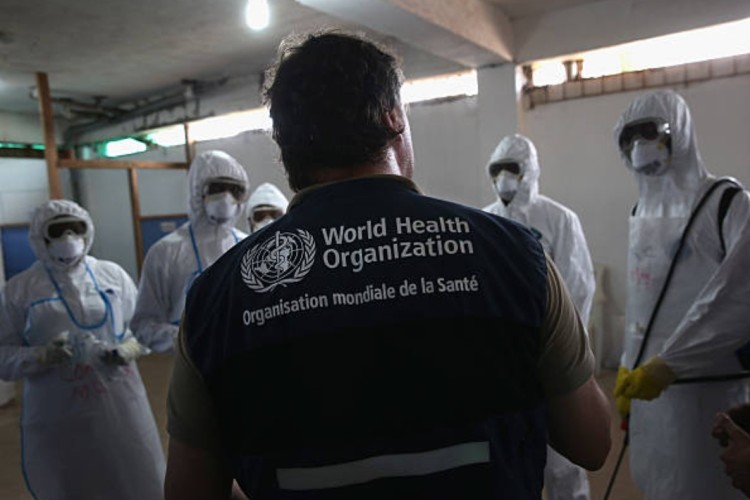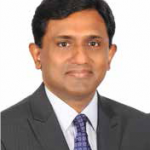
The WHO crisis: The decision of the United States to withdraw from the World Health Organisation marks a seismic shift in global health governance. As the largest financial contributor to WHO, the US provided $1.3 billion between 2022 and 2023, funding crucial initiatives related to pandemic response, disease control, and global health security. The abrupt cessation of these contributions has forced WHO to initiate stringent austerity measures, including hiring freezes, budget cuts, and reduced operational expenses.
Beyond the immediate financial strain, this move reshapes the global public health landscape, presenting challenges but also opportunities for emerging players such as India and other WHO member states.
READ | Budget 2025-26: A green pledge with glaring gaps in climate action
WHO crisis and institutional strain
WHO’s operational budget for 2022-2023 stood at $6.7 billion, with the US being its largest single contributor. With Washington’s withdrawal, WHO faces a significant funding shortfall, requiring immediate cost-cutting measures such as restricting travel, freezing recruitment, and suspending office expansions. The crisis is not merely financial; the US has played a key role in global disease surveillance, vaccine distribution, and public health crisis management. Its disengagement diminishes WHO’s ability to lead international health efforts, especially in the wake of new emerging disease threats like H5N1 influenza and the Marburg virus.
In response, WHO is looking for alternative funding sources, including an increased reliance on private sector donors such as the Bill & Melinda Gates Foundation. However, this raises concerns about donor-driven agendas influencing global health priorities. The risk of reduced impartiality in WHO’s decision-making processes is now more pronounced, making structural reform within the organisation more urgent than ever.
China has swiftly reaffirmed its commitment to supporting WHO, emphasising that the global body’s role should be strengthened rather than weakened. However, China’s financial contributions to WHO pale in comparison to those of the US, raising doubts about its capacity to single-handedly fill the funding void. Additionally, the perception of WHO as overly deferential to Beijing—one of the primary criticisms levelled by the US—may only grow stronger, reinforcing the geopolitical divide in global health governance.
Implications for global health and US interests
Despite its withdrawal, the US will not be immune to the repercussions. The country has historically benefited from WHO’s global disease surveillance systems, vaccine procurement programmes, and emergency response initiatives. The severing of ties means the US will lose access to critical early warnings about global health threats, potentially compromising its own biosecurity.
The withdrawal also creates a leadership vacuum, potentially enabling other nations or alliances to reshape global health priorities. The European Union, Japan, and BRICS nations—particularly India—could leverage this moment to drive reforms and establish a more balanced multilateral health framework.
Opportunities for India and BRICS
The WHO crisis presents a strategic opportunity for India to assert itself as a global health leader. With its vast pharmaceutical industry, expertise in vaccine production, and deep engagement in multilateral health initiatives, India is well-positioned to fill part of the leadership gap left by the US. Key opportunities include:
Increased influence in WHO decision making: With the US no longer shaping WHO policies, India can push for more equitable decision-making structures that prioritise the needs of low- and middle-income countries.
Strengthening South-South health cooperation: India, along with other BRICS nations, can lead efforts to create an alternative funding mechanism for WHO, reducing reliance on any single donor nation.
Expanding global vaccine diplomacy: India’s role in vaccine manufacturing and distribution has already been pivotal during the COVID-19 pandemic. With the US retreating from WHO’s vaccine initiatives, India can expand its global outreach by supplying affordable vaccines and medical aid to developing nations.
Pushing for WHO reforms: The US withdrawal highlightsthe urgent need for WHO reforms, including greater financial transparency and reduced donor dependency. India, along with other middle powers, can advocate for these changes to ensure WHO remains an independent and effective global health authority.
Reassessing global health governance
The WHO crisis is an opportunity to re-evaluate global health financing and governance structures. The heavy reliance on voluntary contributions—often earmarked for specific projects by donors—creates distortions in funding allocation. This structural flaw must be addressed to ensure WHO’s autonomy and sustainability. Nations like India, Brazil, and South Africa can take the lead in proposing alternative funding models, possibly including:
- Establishing a new global health funding mechanism under the UN umbrella, reducing reliance on voluntary donor-driven funds.
- Advocating for a tiered financial contribution model where wealthier nations contribute proportionally higher amounts.
- Encouraging regional health alliances to take on a greater role in supplementing WHO’s initiatives.
The WHO crisis triggered by the US withdrawal is a watershed moment that signals both a crisis and an opportunity. While WHO faces immediate financial and operational strains, it also has a chance to recalibrate its governance model and diversify its funding sources. India and other emerging economies have a crucial role to play in ensuring that global health governance remains balanced, effective, and independent.
Rather than allowing a single nation’s exit to dictate the trajectory of global health efforts, this moment should be seized to foster a more resilient and equitable international health system. The realignment of global health leadership is inevitable—India must ensure it is at the forefront of this transformation.
Dr Joe Thomas is Global Public Health Chair at Sustainable Policy Solutions Foundation, a policy think tank based in New Delhi. He is also Professor of Public Health at Institute of Health and Management, Victoria, Australia. Opinions expressed in this article are personal.

